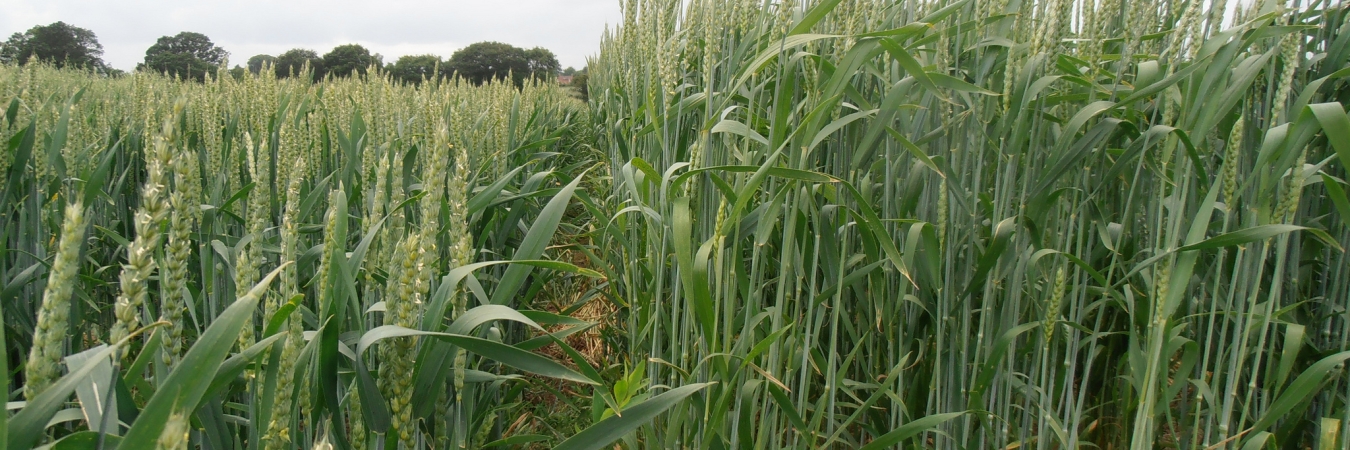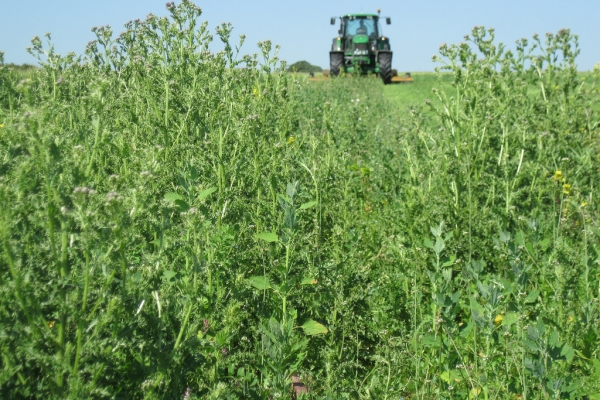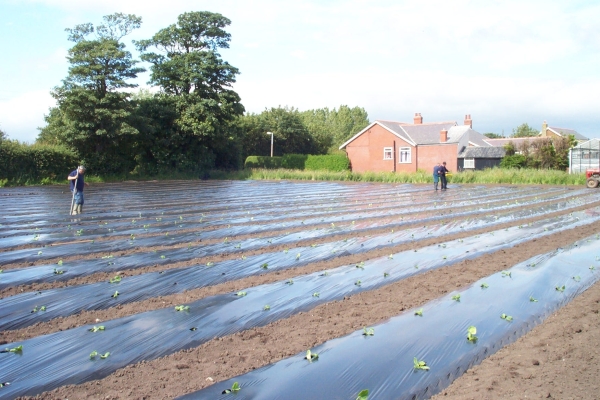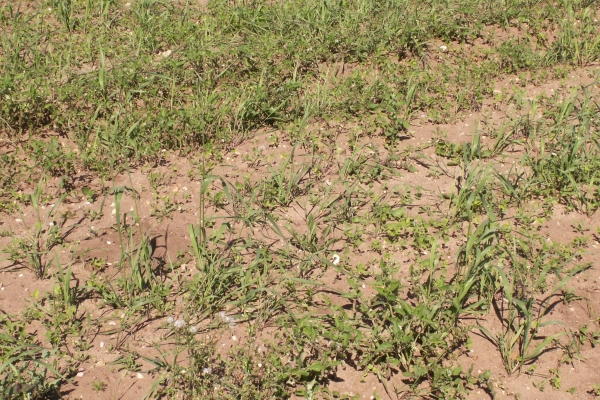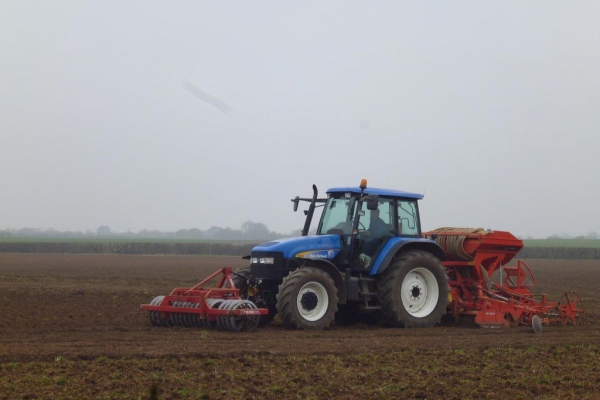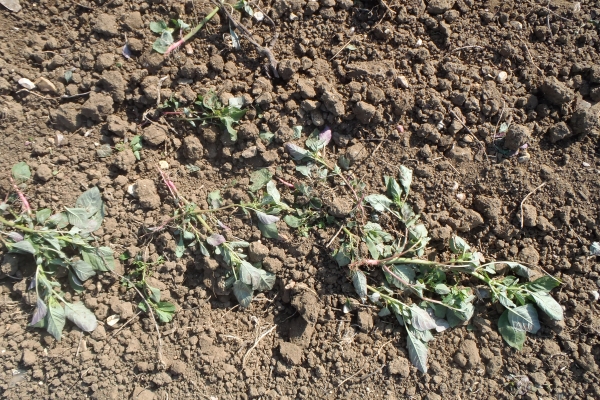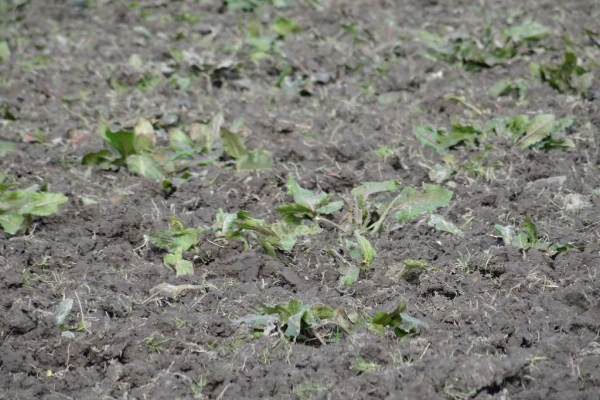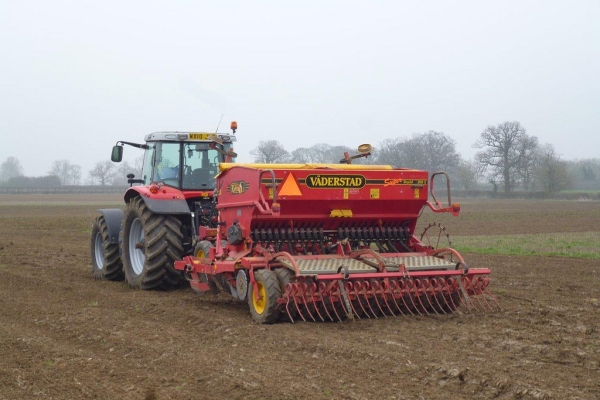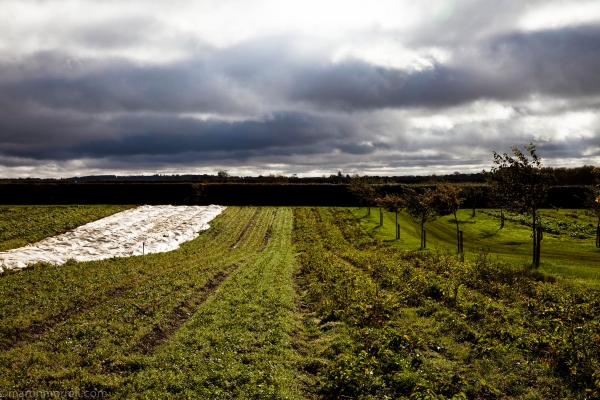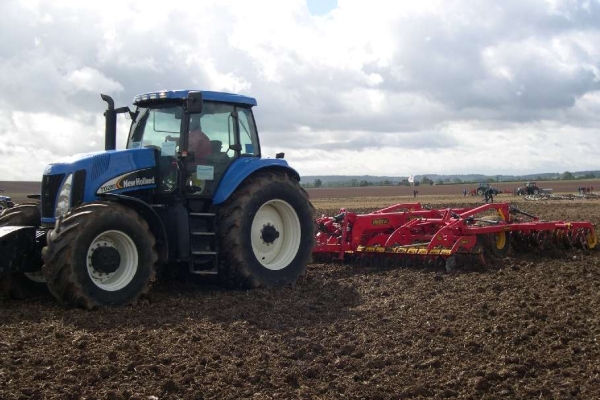Organic Arable Production: Weed Control
Factsheet
Resource explained
This document provides an overview of some cultural and mechanical methods that can be used to control weeds in an arable crop. Employing these techniques can help reduce, or completely eliminate, the need for chemical herbicide use. Various cultural methods are described including cultivating false seedbeds, delaying sowing dates, increasing seed rates, under-sowing crops and practicing crop rotations. A number of mechanical methods are also described in detail, such as the use of mowers, comb-cutters, weed-surfers and various harrows.
Findings & recommendations
- Organic standards prohibit the use of herbicides and so cultural and mechanical methods must be used to control weeds on organically certified farms instead
- These methods can be used by any farmer looking to reduce chemical herbicide use
- A small amount of weeds may not be detrimental to the crop yield, and could be a host for beneficial insects, so eliminating them completely is not always the best course of action
- Using false seedbeds helps to control annual weeds by allowing them to germinate and then killing them off using shallow cultivations before the crop is sown. Delaying sowing dates aids this method
- Using a higher seed rate and/or under-sowing the crop with a ley helps to create a dense cover to outcompete weeds
- Rotating crops can help to break the lifecycle of many weeds, aided by the use of cover crops over the winter
- Mowing at the optimum time – before the weed plants set seed – can help reduce seed populations. Some equipment is available that can cut the weed but not the crop
- There are various harrows suitable for different crops, weeds and soil types, so some research is needed to find the appropriate one
Related articles
A fantastic resource providing detailed information to help you manage weeds in ways that will benefit your crops, soil and pollinators.
This leaflet covers actions farmers can take to prevent and control annual weeds and prevent adverse effects on crop yield and quality.
Leaflet summarising organic methods of prevention and weed control of the perennial grass common couch.
RAU research providing insights into effects of different levels of tillage on soil density, weeds, and wheat yields.
A leaflet looking at the pros and cons of leaving land fallow in organic systems to help manage weeds,
Guidance from the OK-Net Arable project on managing perennial weeds through using suitable machinery and techniques, focusing on stubble cultivation.
RAU research results revealing insights into effects of different levels of tillage on wheat yields, weeds, and costs.
Video footage filmed at ORFC 2019 of Jez Taylor from Daylesford Organic Farm describing weed management techniques that are used in the market garden.
Potential benefits and problems with using reduced tillage in organic systems and how it impacts on weed control.
